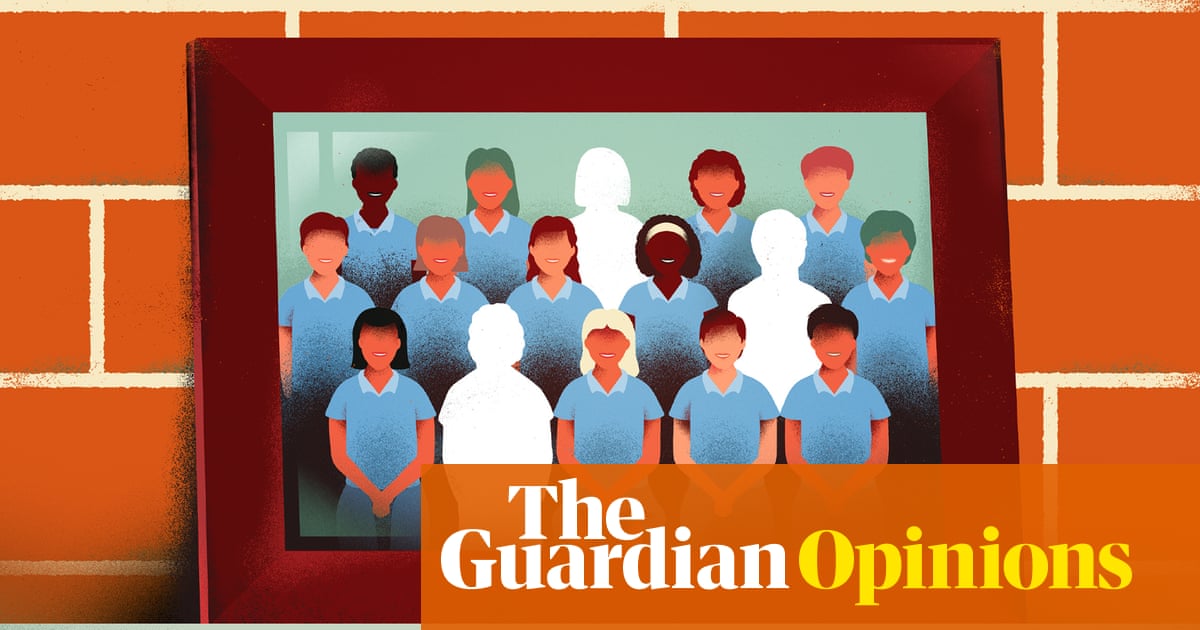OP details various first-hand accounts of disabled children across the UK who have been edited in their school photos. This is not a new phenomenon as one of the accounts is from the 1970s.
Some quotes from the article:
Behind the erasure of disabled children lies the frightening belief that they don’t belong in ‘perfect’ pictures – or public spaces.
If that feels somewhat chilling, it is because it should. Few of us – even at a time when someone, somewhere will always find a way to excuse bigotry – cannot understand the connotations of wanting to pretend disabled children don’t exist.
Children have had their disability aids removed by photographers. Other children have been altered with editing software or banned from their class photos entirely.
That is the thing with true ugliness. It does not come in the shape of a wheelchair, a cleft lip, white cane or scars. It sits in prejudice, digging and clawing its way into our culture until one day the nice man who is taking your child’s school photo asks her to hide her hearing aids. That this prejudice will follow these children into adulthood is perhaps the bleakest part. If only society had the desire to edit that out.



This is the best summary I could come up with:
As one teacher put it to me, “The reason I want to speak out is that the recent issue in Scotland is not a one-off mistake by a rogue photographer but rather a systemic culture of creating ‘perfect’ pictures without any disabilities shown.”
Barely a few hours before the school story broke, the actor Sally Phillips spoke of how her son Olly, who has Down’s syndrome, was denied access to a trampoline park.
The organisers – who allegedly told Phillips someone with his condition would need a letter from a GP to gain entry – said they were “deeply sorry” Olly could not take part and was left disappointed, and that they were following safety guidance from British Gymnastics.
These are the same attitudes that see Send pupils left to languish at home without a school place or a wheelchair user forced to wet herself on a train because public transport is still not accessible.
It is the man who leers at a woman sat in a wheelchair at a bar to inform her, “You’d be pretty if you weren’t in that chair, love.” It is the troll on X who sees a disabled celebrity on television and picks up his iPhone to tell her people like her shouldn’t be allowed out.
It sits in prejudice, digging and clawing its way into our culture until one day the nice man who is taking your child’s school photo asks her to hide her hearing aids.
The original article contains 1,149 words, the summary contains 244 words. Saved 79%. I’m a bot and I’m open source!